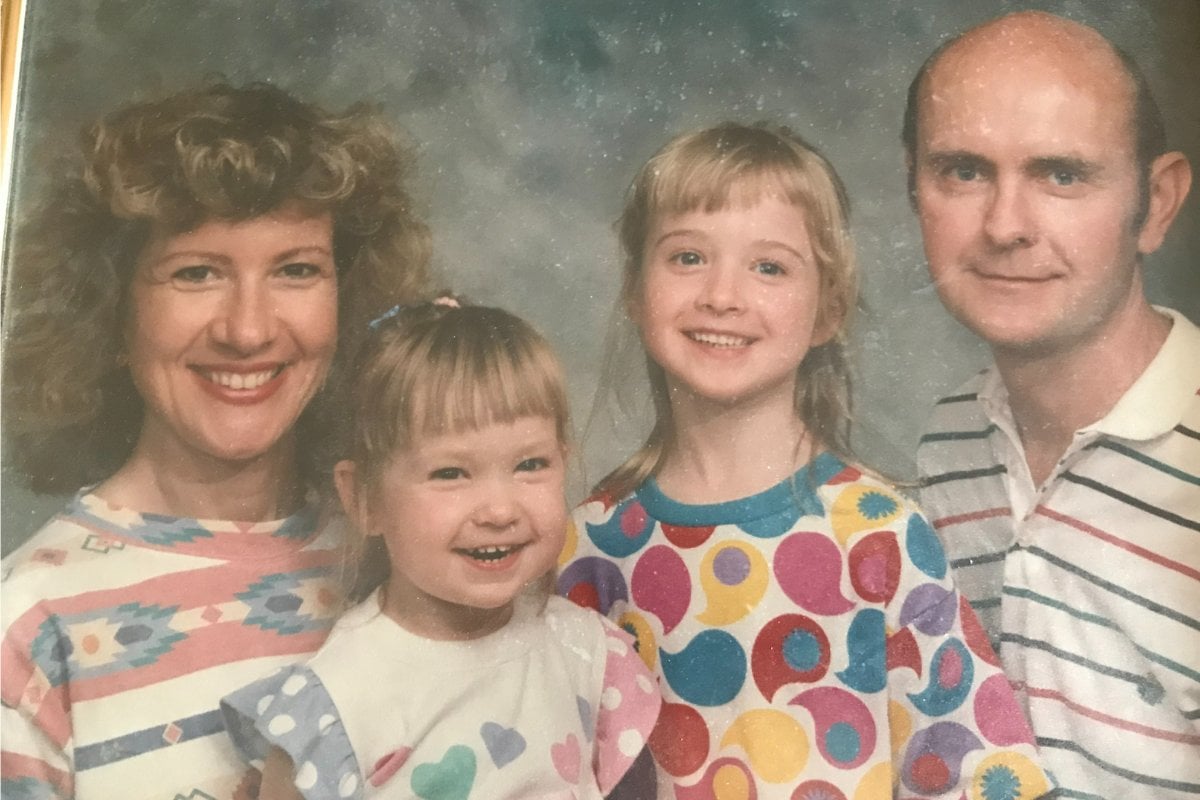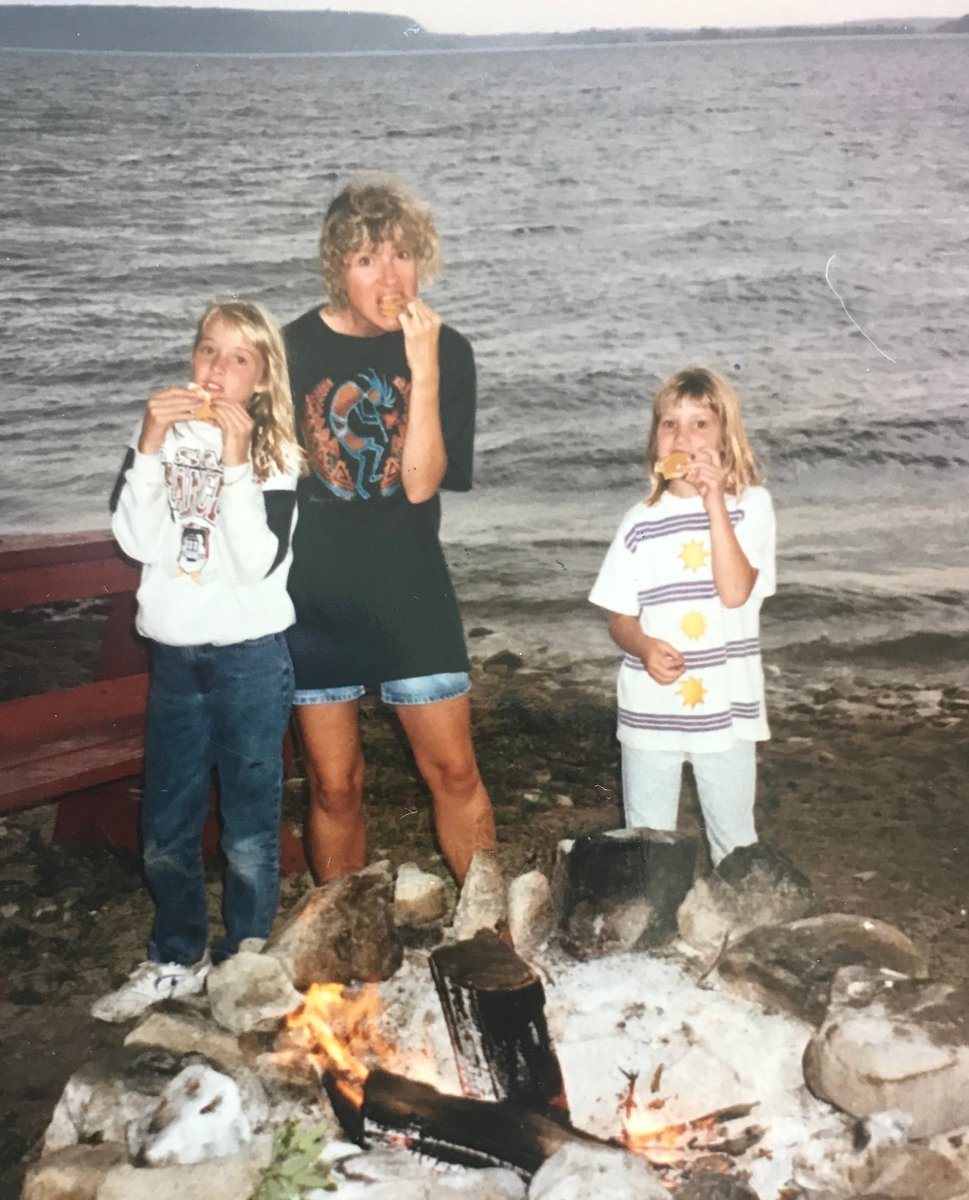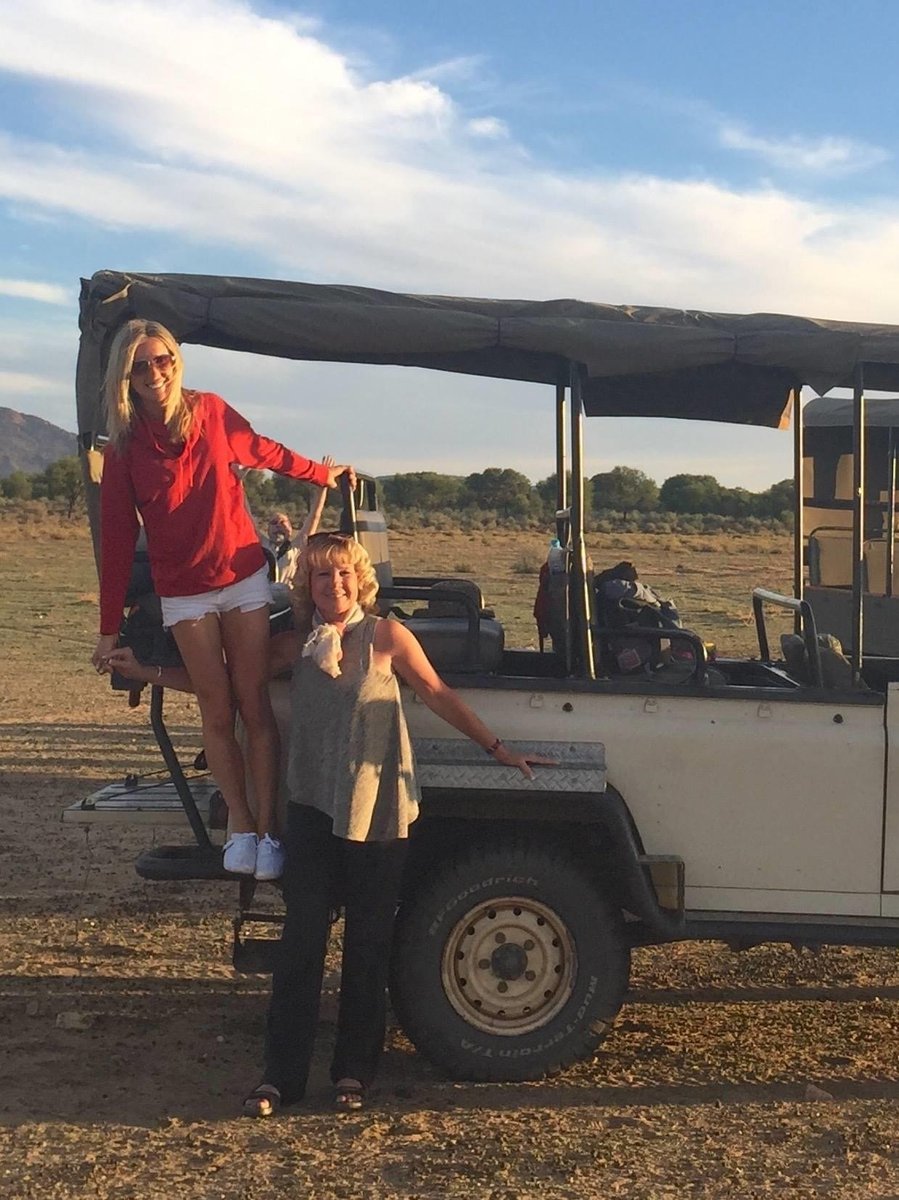
I wake up to go to the bathroom. A pretty unremarkable story on any other day, but March 30th is no longer any other day.
I reach for my phone, feeling around on the bedside table until I locate it. My eyes haven’t even opened, but I find it within seconds.
The light from the screen clicks on, displaying a photo from another life - my friends and I on a mountain somewhere in “pre-COVID times.”
Watch: The new normal. Post continues below.
I swipe it away, sliding my thumb across the screen with the ease of my eyelids sliding open.
I grip the device tightly, trying to work out why I grabbed it in the first place. I don’t need it for anything in particular. And I know that I shouldn’t wake up this way - I’ve read the articles, watched the docos, whatever.
Blue light = Bad! Cancer! Blindness!
2903820 reasons to ditch your phone before bed!
But this year, my iPhone has become a kind of techy teddy bear. Some nights, I’ve woken up cuddling it under my neck. I’m not proud to admit that.


